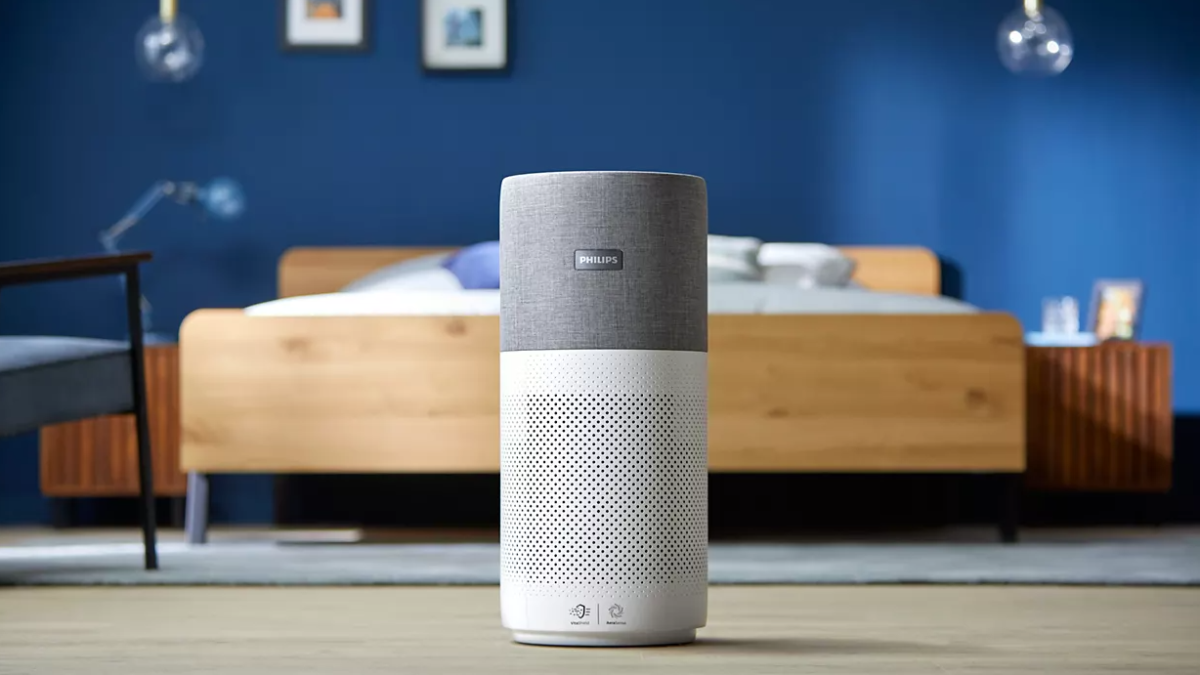Philips New Air Purifier 3000i/4000i Series Can Alleviate Allergies as Pollen Levels Rise
Spring has finally arrived, but for many people it marks the beginning of a long period of itchy eyes and runny noses. In Sweden, approximately 30 percent of the population suffer from pollen allergies, and poor indoor air quality can exacerbate their symptoms. Philips air purifiers remove up to 99.97 percent of the most common airborne allergens and 99.9 percent of airborne bacteria and certain viruses.
As winter finally comes to an end, spring brings a delightful time for most people. However, for many, spring also brings troublesome allergies. A common misconception is that pollen allergies become milder if you stay indoors. However, the air in our homes and workplaces contains ultrafine particles, pollen, and other allergens. Poor air quality can worsen the symptoms.
An air purifier is a healthier alternative to airing out the room. Philips air purifiers use advanced filtration technologies to effectively capture allergens, bacteria, and viruses, providing a clean and comfortable environment for allergy sufferers. By removing harmful particles from the air, Philips air purifiers can help alleviate allergy symptoms and improve overall health and wellbeing.
In conclusion, as pollen levels rise, allergy sufferers can turn to Philips air purifiers to improve indoor air quality and alleviate symptoms. With its advanced filtration technologies, Philips air purifiers can effectively remove airborne allergens, bacteria, and viruses, providing a clean and healthy environment.
Philips Air Purifier 3000i have been clinically tested by ECARF, one of the world’s leading organizations in allergy research. The study showed that pollen allergy sufferers who use Philips air purifiers experience significantly fewer symptoms, such as sneezing, red or irritated eyes, itching and runny nose, and skin problems. Philips air purifiers remove up to 99.97 percent of the most common airborne allergens and 99.9 percent of airborne bacteria and certain viruses.
Source: Press release



